Time
October 26, 2008 by Marianne H. Donley in category Archives tagged as Musings At MidnightBy Lori Pyne
Our clocks fall back one hour next weekend, and we all gain an hour.
I began to think about what I can accomplish in an hour.
Commute to work (on the days with lighter traffic)
Make dinner (or make enough for more than one dinner)
Assist my son with his homework (40 minutes fighting/20 minutes working)
Exercise
Clean part of the house
Get groceries
Lunch with a girlfriend
Watch a television show
Or I could write, edit, research, or just make some progress on my current wip.
As November 1st is the start of NaNoWriMo (National Novel Writing Month), why don’t we all pledge to use our found hour to work towards our writing goal?
I look forward to hearing how everyone used their found hour.
0 0 Read moreyWriter 4
October 23, 2008 by Marianne H. Donley in category ArchivesBy Stephanie Shackelford
According to its creator, Hal Spacejock, yWriter 4 is “. . . a word processor which breaks your novel into chapters and scenes. It will not write your novel for you, suggest plot ideas or perform creative tasks of any kind. It does help you keep track of your work, leaving your mind free to create.â€
(http://www.spacejock.com/yWriter4.html)
I’m here to say he’s right! It really does help me organize, structure and keep track of all those pesky details as I create my interesting, compelling, everyone-is-screaming-for-them stories.
Currently, I am wrestling with a behemoth of a project so I can start marketing it. I’m what is often called a pantser. I write “by the seat of my pantsâ€. That’s actually how I do almost everything (my husband hates that I can never reproduce a recipe exactly; I think it makes dinnertime an adventure). The problem with being a pantser writer, though, is that I so often end up with a huge pile of scenes, some meandering plot and, if I’m lucky, the beginnings of a grand finale showdown. There comes a time when I have to structure those scenes into a coherent, compelling plot that brings everything to a satisfying conclusion. (At least that is the theory.)
That’s where yWriter shines for me. My 2nd draft (and 3rd and 7th!) is often more of a “putting together a puzzle†event. As I play with the various scenes, I’ll realize one needs to be in the beginning of the story even though I have it written as part of the ending. Or what I thought was a great lead-in to the finale actually will make a better hook for the first chapter. This process becomes a nightmare with Word. I either have one behemoth manuscript or way too many little ones. And let’s not even mention how to name all those little files. Labeling chapters 1, 2, 3 at this point is the process in ludicrous. I’ve tried it. It totally confuses me and eventually turns the story into a pile of mush in my brain.
Enter yWriter! yWriter is perfect for this restructuring! I can create as many chapters as I want and as many scenes as I think I need in each chapter. Each chapter or scene has places to enter a multitude of information. There is a place to note description, point of view, tools, location and so much more. And when I decide I want scene 3 from chapter 6 to become scene 6 in chapter 1, all I have to do is drag and drop and all that info goes to its new home. Oh and when I write the scene, yWriter keeps track of the words.
I’m still finding new things to track, but mostly I use yWriter to organize my story. There are countless ways to do that (and I’m sure I’ll find another one before long), but for now I am using a hybrid of the Hero’s Journey and Michael Hague’s Six-Stage Plot Structure. I listened to a workshop he and Chris Vogler presented that merged the two systems in a way that made so much sense to me. Basically, they presented the Hero as having an inner and outer “journeyâ€. Just the renaming of the steps helped me to see more clearly what should be happening at certain times of the story.
My beginning attempt to structure my project into a story starts with creating 12 chapters. Eventually, they will be transformed into something more conventional, but for this first organizational step, I start with chapters labeled according to the 12 Stages of The Inner and Outer Hero’s Journey. (I put these in the description section so they are easier to see at a glance.) Chapter 1 is “Ordinary World†and “Limited Awareness of Problemâ€; Chapter 2 is “Call to Adventure†and “Increased Awareness of Need for Changeâ€; Chapter 3 is “Refusal of the Call†and Fear: Resistance to Changeâ€; and so on to Chapter 12, “Return with Elixir†and “Masteryâ€.
I scrutinize each of the scenes in my behemoth puzzle and start the process of determining how important it is to the story and where it should be placed. As I rearrange the scenes, the story come into better focus. I can more easily see what needs to happen when. I recognize which scenes don’t belong anywhere in the story. I can easily determine the purpose of each scene. I can write any pertinent notes (“mentor needs to change and be a fool†or “hero is afraid of change here-make that clear!â€). I can copy and paste the scene into its place (or type it directly into the program). And, if I change my mind, I can easily drag and drop an entire scene, with all its notes, to another section of the document.
When I have all the scenes arranged in the order I think they best tell the story, I start editing and rewriting. Sometimes I write directly into yWriter, sometimes I write in Word and copy/paste when the scene is finished. I progress through each scene, editing, layering in emotion or description or backstory. As each scene is “fixedâ€, I change its status, another of those choices available in yWriter (choices are: outline, draft, 1st edit, 2nd edit, done). It’s easy to see at a glance where I am in the story and to track my progress through the weeks. One of the last steps is to create and rename the chapters more conventionally. I often do this as a part of the editing process, renaming to numerical chapters, creating new chapters and dragging and dropping scenes as desired. The final step, after everything is edited, organized and labeled, is to export it into a Word document and do any last-minute touches before sending it to all those publishers vying for it. 🙂
However you chose to organize you book, yWriter can simplify the process. And the price in right! Free. We writers can be so generous at times. Thanks, Hal Spacejock, for a great piece of organization software!
(Update: Because life, for me, never stays the same (I’m a lifestyle pantser), I’m now playing around with yet another way to organize stories. And yWriter is making it easy to experiment with the 15 “beats†that Blake Snyder discusses in his book, “Save the Catâ€. But that is the topic for another day. LOL)
Stephanie Shackelford has been creating characters and stories about them for as long as she can remember. In high school (a million and a half years ago), her brother’s English assignment opened her eyes to the idea that she could actually write them down for others to enjoy. She has hundreds of scenes and stories and tall tales in various stages of completion on her computer, stored in boxes, or lost forever. It’s time to share some of these stories with the rest of the world. Storytime, anyone?
http://www.RoutinesForWriters.com/
http://StephanieandHerThoughts.blogspot.com
Why Cell Phones are Better then Land Lines
October 21, 2008 by A Slice of Orange in category Archives tagged as The Lone WriterI have a new cell phone. Some refer to it as a crackberry and they’d be right. It fulfills my obsessive compulsive need to have all my phone numberss, calendar, voice notes, INTERNET access, etc. in one place. Seriously.
You want to hear the craziest thing about being a writer? I never have a pen. Ever. My purse is an abyss of things to write on and write with, they get sucked into a black hole I swear. So the new blackberry? It has voice notes. I can record a note to myself at any time and hear it later, and it allows to me ramble without fearing that my handwriting is becoming illegible because I’m on the freeway.
That being said I’m now torn. Do I keep my landline?
Why I love my cell phone:
- The Amazing Ringtone
- Free call waiting
- Free call ID (best invention EVER)
- Almost my friends are on my network (WOOT!)
- The ability to continue my phone calls in the car, on the beach, while standing in line at the grocery store. (awesome!)
- VOICE NOTES
Landline
- The only way I can get DSL
You see my problem *sigh*
How about you? Do you use your land line more or your cell phone?
10 0 Read moreCHOICES
October 19, 2008 by Marianne H. Donley in category Archives tagged as Member At LargeMonica Stoner, Member at Large
A story has been making the rounds recently about the profound influence the choices we make in our lives have on our future. The main character of the story is a man who makes the decision to be happy every day, no matter what. Even after a horrific accident, he decides to not only live, but to bring his positive attitude to everyone around him.
How can this apply to our lives as writers? We make a choice every time we put words on paper. We can choose to put off writing until later. We can choose to write to our lowest level since we think no one beyond our critique partners will ever read it. We can fret over every word, searching for perfection from the very beginning. Or we can find our personal special place in our minds, letting us get the words on the page.
We make that same choice when we critique or judge others writing. Do we hunt for every possible error, or do we look for the story under the writing? Do we toss the work aside because it starts in the most boring, banal fashion possible, or do we hunt for that perfect opening line? Most of all do we come away from these readings with a better sense of purpose in our own writing?
To think of always entering a room with a positive attitude takes us back to lessons from childhood. Turn that frown upside down and walk on the sunny side of the street. Banal then, boring now. Except how many grumpy gloomy people attract anyone not grumpier or gloomier than themselves? Not many. Try leaving the gloomy side in the car, at the gate, packed up in a box for a couple of days, and see how much easier life can be. Is writing any easier? Well, I got this blog done, which is more than I=ve managed on my down with everything days!
0 0 Read moreAffiliate Links
A Slice of Orange is an affiliate with some of the booksellers listed on this website, including Barnes & Nobel, Books A Million, iBooks, Kobo, and Smashwords. This means A Slice of Orange may earn a small advertising fee from sales made through the links used on this website. There are reminders of these affiliate links on the pages for individual books.
Search A Slice of Orange
Find a Column
Archives
Featured Books
HOLIDAY HOME RUN
She’s focused on organizing the best holiday event the youth center has ever seen, not on romance. But Ben…he’s got a game plan for them that includes both.
More info →A CHRISTMAS CITY CHRISTMAS
Will they have a normal Christmas? Probably not.
More info →IT’S COMPLICATED
Ashton Locke has had a thing for Keiko Jarrett since college.
More info →THE FLING
Every woman is beautiful. Sometimes it just takes the right man to show you just how beautiful you are.
More info →ROSALYN’S RING
A rash Christmas Eve quest to save a young woman lands a Baron’s daughter in the lap of a jaded Viscount…and he’s not letting her go.
More info →Newsletter
Contributing Authors
Search A Slice of Orange
Find a Column
Archives
Authors in the Bookstore
- A. E. Decker
- A. J. Scudiere
- A.J. Sidransky
- A.M. Roark
- Abby Collette
- Alanna Lucus
- Albert Marrin
- Alice Duncan
- Alina K. Field
- Alison Green Myers
- Andi Lawrencovna
- Andrew C Raiford
- Angela Pryce
- Aviva Vaughn
- Barbara Ankrum
- Bethlehem Writers Group, LLC
- Carol L. Wright
- Celeste Barclay
- Christina Alexandra
- Christopher D. Ochs
- Claire Davon
- Claire Naden
- Courtnee Turner Hoyle
- Courtney Annicchiarico
- D. Lieber
- Daniel V. Meier Jr.
- Debra Dixon
- Debra H. Goldstein
- Debra Holland
- Dee Ann Palmer
- Denise M. Colby
- Diane Benefiel
- Diane Sismour
- Dianna Sinovic
- DT Krippene
- E.B. Dawson
- Emilie Dallaire
- Emily Brightwell
- Emily PW Murphy
- Fae Rowen
- Faith L. Justice
- Frances Amati
- Geralyn Corcillo
- Glynnis Campbell
- Greg Jolley
- H. O. Charles
- Jaclyn Roché
- Jacqueline Diamond
- Janet Lynn and Will Zeilinger
- Jaya Mehta
- Jeannine Atkins
- Jeff Baird
- Jenna Barwin
- Jenne Kern
- Jennifer D. Bokal
- Jennifer Lyon
- Jerome W. McFadden
- Jill Piscitello
- Jina Bacarr
- Jo A. Hiestand
- Jodi Bogert
- Jolina Petersheim
- Jonathan Maberry
- Joy Allyson
- Judy Duarte
- Justin Murphy
- Justine Davis
- Kat Martin
- Kidd Wadsworth
- Kitty Bucholtz
- Kristy Tate
- Larry Deibert
- Larry Hamilton
- Laura Drake
- Laurie Stevens
- Leslie Knowles
- Li-Ying Lundquist
- Linda Carroll-Bradd
- Linda Lappin
- Linda McLaughlin
- Linda O. Johnston
- Lisa Preston
- Lolo Paige
- Loran Holt
- Lynette M. Burrows
- Lyssa Kay Adams
- Madeline Ash
- Margarita Engle
- Marguerite Quantaine
- Marianne H. Donley
- Mary Castillo
- Maureen Klovers
- Megan Haskell
- Melanie Waterbury
- Melisa Rivero
- Melissa Chambers
- Melodie Winawer
- Meriam Wilhelm
- Mikel J. Wilson
- Mindy Neff
- Monica McCabe
- Nancy Brashear
- Neetu Malik
- Nikki Prince
- Once Upon Anthologies
- Paula Gail Benson
- Penny Reid
- Peter J Barbour
- Priscilla Oliveras
- R. H. Kohno
- Rachel Hailey
- Ralph Hieb
- Ramcy Diek
- Ransom Stephens
- Rebecca Forster
- Renae Wrich
- Roxy Matthews
- Ryder Hunte Clancy
- Sally Paradysz
- Sheila Colón-Bagley
- Simone de Muñoz
- Sophie Barnes
- Susan Kaye Quinn
- Susan Lynn Meyer
- Susan Squires
- T. D. Fox
- Tara C. Allred
- Tara Lain
- Tari Lynn Jewett
- Terri Osburn
- Tracy Reed
- Vera Jane Cook
- Vicki Crum
- Writing Something Romantic
Affiliate Links
A Slice of Orange is an affiliate with some of the booksellers listed on this website, including Barnes & Nobel, Books A Million, iBooks, Kobo, and Smashwords. This means A Slice of Orange may earn a small advertising fee from sales made through the links used on this website. There are reminders of these affiliate links on the pages for individual books.

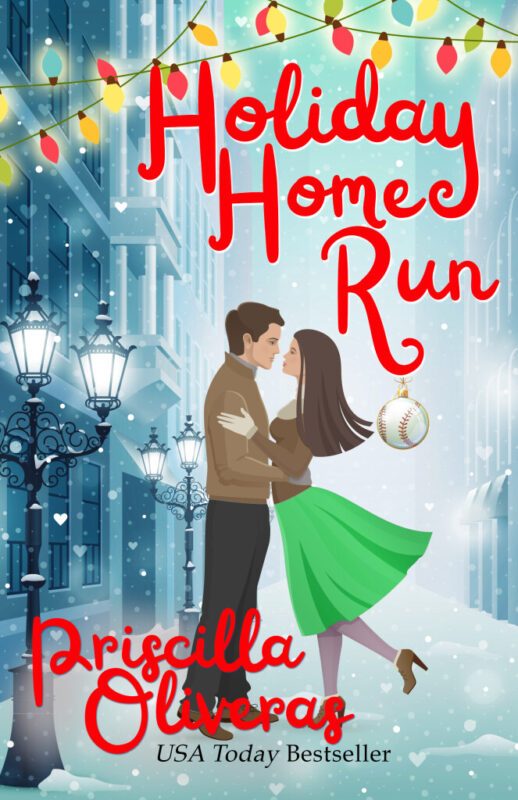







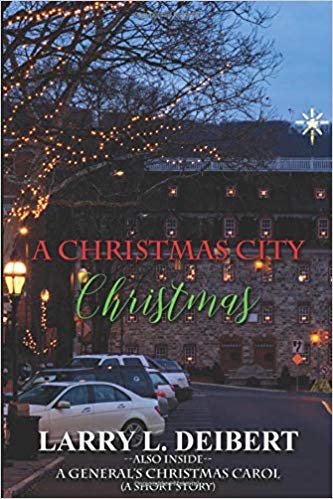
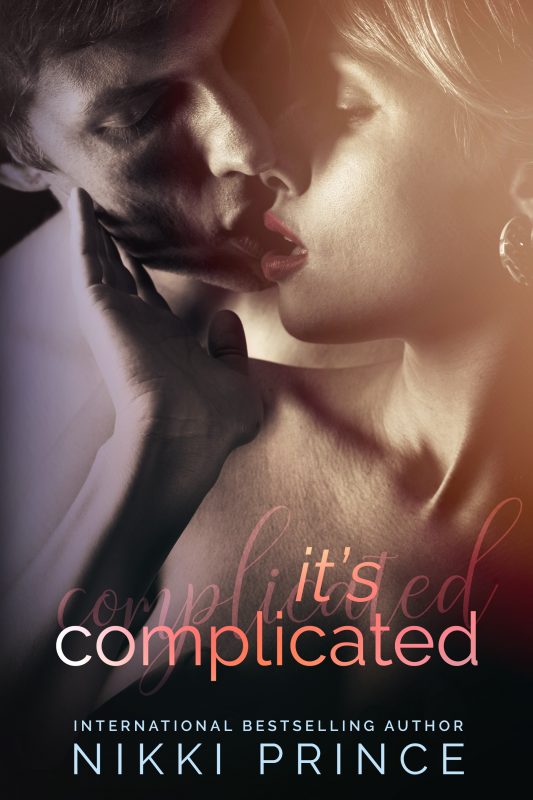

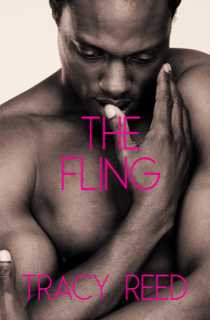
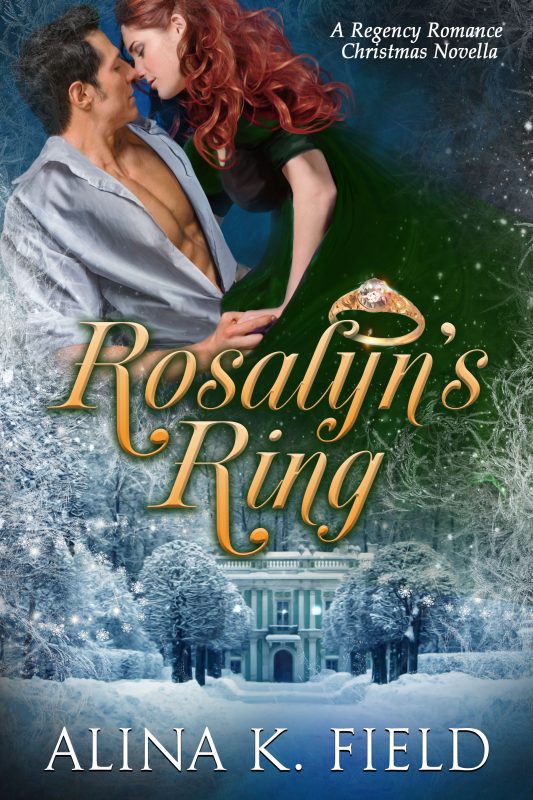



























The Great American Romance Novel
October 24, 2008 by A Slice of Orange in category Archives tagged as Comments, Great American Romances, Great Romances, Isabel SwiftI’ve agreed to help a friend (not HQE) with a project to create a list of the best American Romances of all time, and I need your expertise, if you’re willing to share it.Â
1). So tell me, what would be your top ten American romances of all time be? (it can be more than ten, if you’re inspired). While I’d love to see them ranked and have you tell me why you made the choices you did, just a list of titles/authors would be great.
2). I also want to include a range of categories within the genre: i.e. Contemporaries, Historicals, Paranormal, Futuristic, Fantasy, Westerns, Civil War, Saga, Romantic Suspense, Romantic Comedy, Multi-cultural, Inspirational, etc., so welcome your favorites in a particular category you’re fond of.
What do I mean by American? Well, an American author or one living in America. What do I mean by Romance? Basically a focus on the developing romantic relationship between a man and a woman with a satisfying and positive ending.
So would love to hear your thoughts to ensure this list is a stellar collection of truly wonderful stories.
Thank you!
Isabel Swift